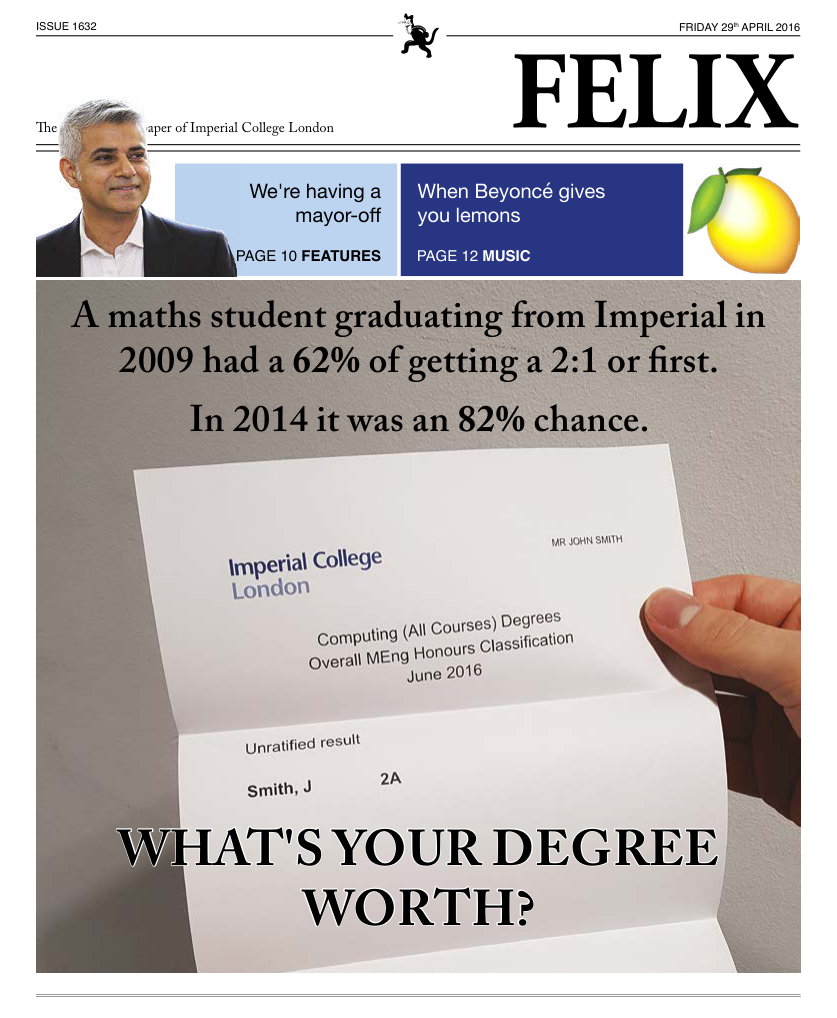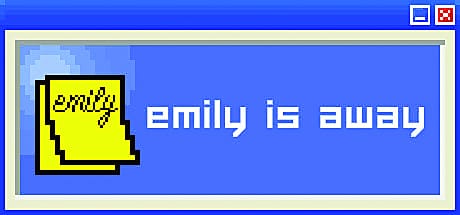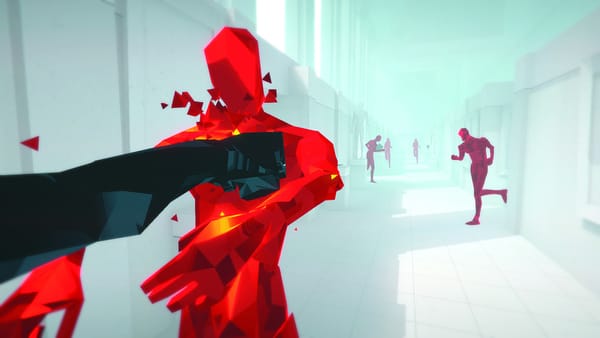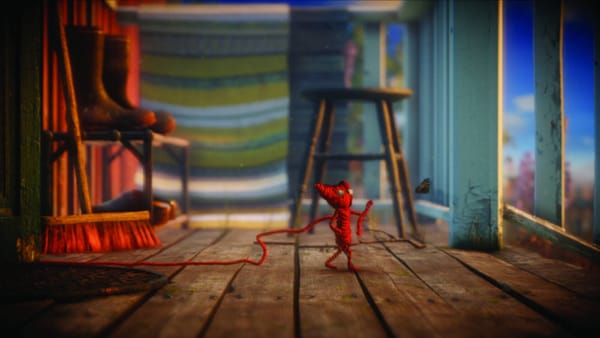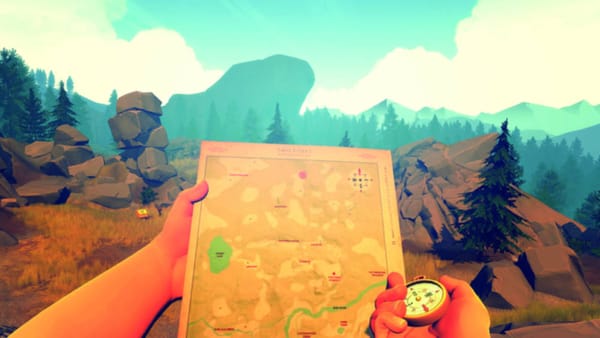A different sort of storefront
Itch.io is paving the way for the post-capitalist indie gaming future
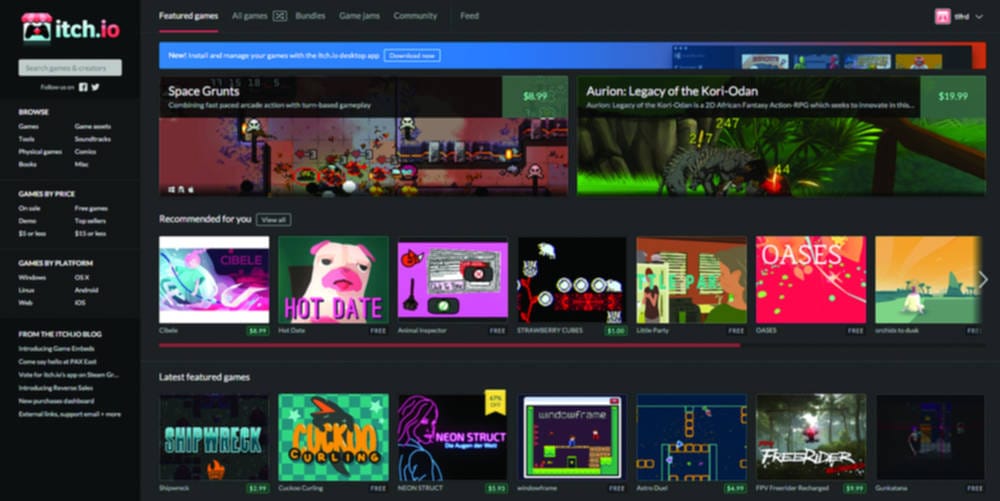
Itch.io is a platform that allows indie game developers to distribute their games for free. The majority of games available on the platform are either free, incredibly cheap or pay-what-you-want. Itch corp has even experimented with reverse sales - allowing developers to increase the price of their games for a limited time. Perhaps the most surprising part of itch.io’s model is that pay-what-you-want also extends to their revenue sharing model. Developers can choose to give itch corp anything from zero to 100 percent of each transaction.
Unsurprisingly, this model has attracted different kinds of games and interactive experiences. The modern vocal gamer of the internet often decries the rise of increasingly short, political, and provocative games. These sort of experiences are often at risk of being exclusively watched (via Let’s Play’s on YouTube) rather than interacted with, and therefore purchased. This a problem that many indie developers have found hard to solve.
One solution is to decrease the value of games and alter the model of purchase altogether. Most developers put their games on itch.io with the understanding that the majority of gamers will pay nothing, a sizable amount will pay the suggested dollar, and an even smaller amount will pay after ‘completing’ the experience.
Indie musicians have a similar platform in Bandcamp, and it’s easy to expect that in the near future other online industries will spawn similar ‘storefronts’. With mobile apps moving towards freemium and ad-based models, digital stores like Steam rapidly devaluing the price of games with frequent sales, and tools like Unity flooding the market with new games, the relatively young indie game industry is a radically different place to what it was ten or even five years ago. Itch.io is in many ways a reaction to this change. It has also facilitated the rise of the vignette: short accounts or episodes lasting under 15 minutes. The positive impact that it has had – and will continue to have – on games as an artform is massive. These sorts of games and the new experimental genres that the future will no doubt bring will only increase in frequency as the internet and society moves towards a post-capitalist future.
I look forward to a future where artists can express themselves without the need to monetise their product or appeal to the market. itch.io is prefiguartive in this respect, building the platform of tomorrow, today.
This is the first in a series of weekly columns exploring the best of itch.io and what the ‘new’ indie gaming scene has to offer.


